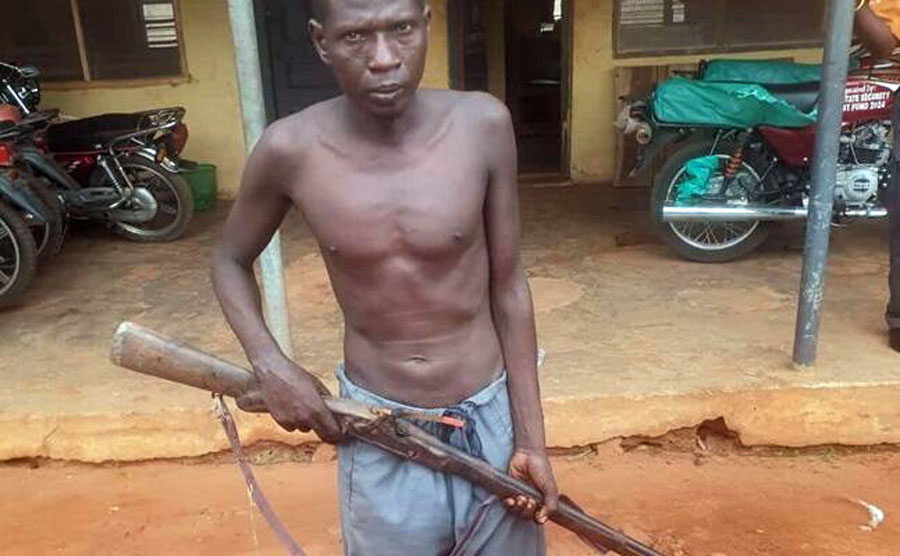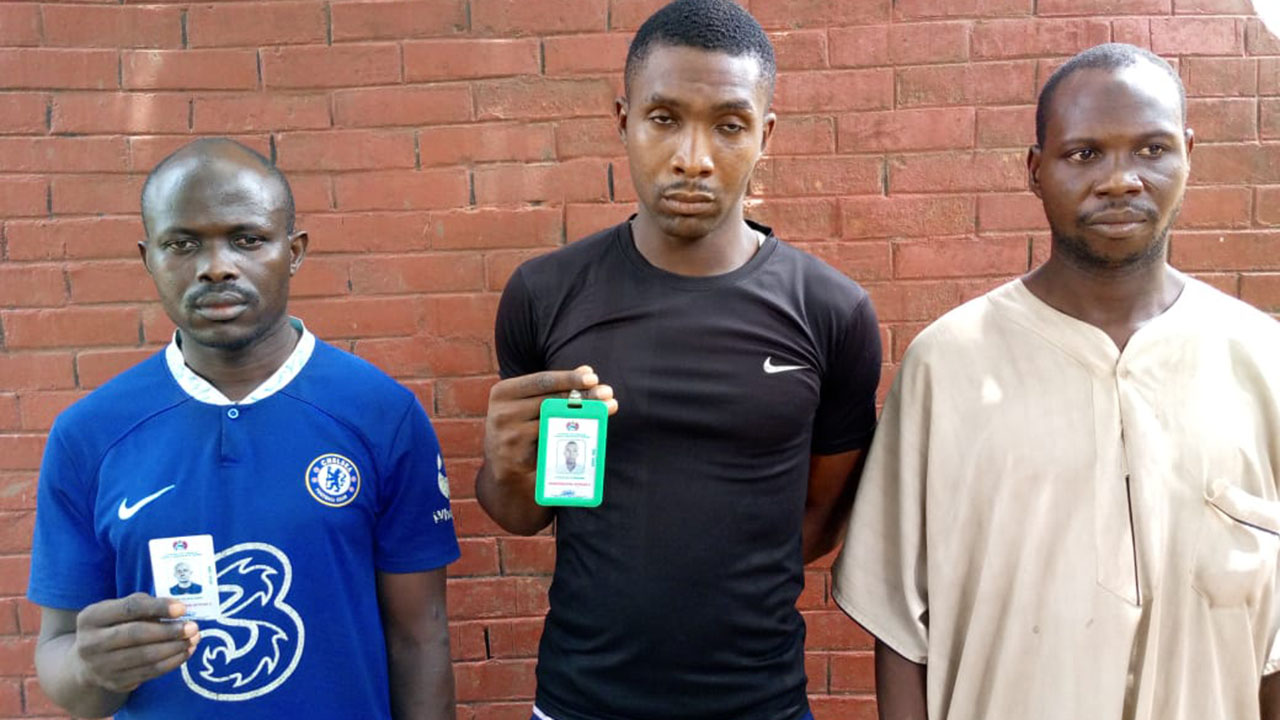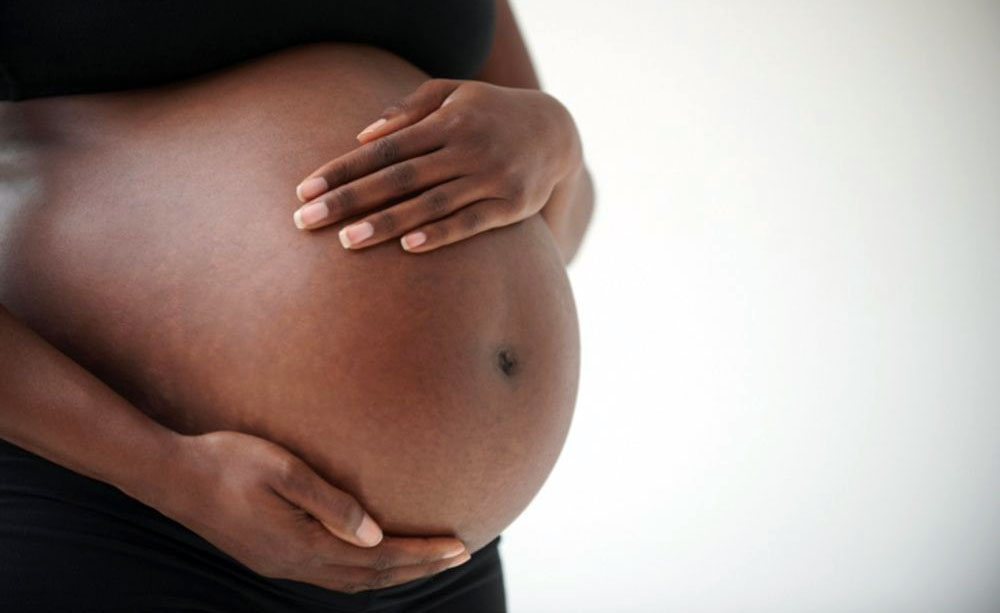metro
Political parties and the quality of elections

Political parties and the quality of elections
The 11 TH Technical Session of The Electoral Forum was held online on Friday, 14 July 2023.
The meeting focused on understanding the impact of political parties on the quality of elections
in Nigeria.
The Chair of the Forum, Professor Adebayo Olukoshi noted that the role of political parties in
the democratic process, and the credibility/quality of elections has been a recurrent issue of
concern for The Forum. As such, the meeting was convened to focus the minds of the members
of the Forum on the role and place of political parties in the quest for strengthening democratic
governance in Nigeria, and the securing and deepening of electoral integrity in the country. As a
concrete point of entry, it was decided to examine the ways in which, over time, political parties
have impacted the quality Nigerian elections. Out of the deliberation of the members of the
Forum, ideas would be proposed for the consideration of stakeholders to help raise the standard
of political part on the quality of elections in Nigeria and propose solutions to stakeholders in
order to raise the standard of elections and the performance of political parties. The Chair noted
that strong, programme based and ideologically inclined political parties are very vital for
credible elections and democratic consolidation.
The Chairman thereafter outlined the objectives of the Technical Session as follows:
· To examine the role, significance and performance of political parties in Nigeria as
critical institutions for electoral credibility and democratic advancement.
· To review the engagement between the Independent National Electoral Commission and
political parties.
· To identify strategies and mechanisms for addressing the challenges impeding political
parties’ functionality as agents for quality elections.
During the technical session, Forum members explored theoretical, historical and practical issues
arising relating to and arising from the functionality of political parties in Nigeria and their
effectiveness in shaping election outcomes. The first presentation was by Professor Adele Jinadu
on the topic “Political Parties as Institution of Democracy: Theory and Ideals.” The presenter
noted that the struggle for democracy is a perpetual attempt to expand the political space,
inclusion, participation and accountability. This expansion has resulted in the emphasis placed on
election as the preferred modality for choosing leaders. And with elections being the preferred
approach for choosing leaders, political parties become very key to the process. According to
him, political parties and the party system in Nigeria have been shaped by a complex intersection
of colonial-rule-induced fusion of ethno-regionalism coupled with long term experience with
military rule. He further asserted that political parties have general tendency to develop internal
oligarchies of the rich and powerful who are in full control of these parties, which raises
concerns about internal democracy.
Professor Jinadu provided further insight into historical efforts at recalibrating the character of
Nigerian political parties and the challenges encountered in the process. Amongst the challenges
he identified were the proclivity for political parties and candidates to rely on ethno-regional and
religious appeals and the issue of contradictory judicial verdicts. These challenges, he observed,
have subsisted to present times as evident in the rush for ethnic voting blocs during the 2023
general elections. Consequently,the country today has neither a national party nor national
leader.
Having laid out the theoretical and historical overview of the problems inhibiting and impeding
political parties’ functionality as democratic institutions, a second presentation was made by
Hajia Amina Zakari, former INEC National Commissioner. In her analysis, she laid out a litany
of efforts exerted by INEC at engaging and strengthening political parties and the challenges
encountered. These efforts include monitoring party finance, convention and primaries,
capacity-building programmes, and enforcement of requirements of national spread and presence
in the FCT, amongst others. The success of these efforts is however limited by trust gaps
between parties and INEC, disregard for electoral rules by political parties, malfeasance by some
staff of the commission, etc.
Following extensive deliberations and inputs by Forum members on the issues raised, the Forum
proposed far-reaching recommendations for improving political parties and ensuring that they
contribute to credible elections. These recommendations include:
¾ That parties should be strengthened to ensure their survival after elections. Presently, we
have nine parties with elected representatives at the National and State Assemblies, a
diversity which might be lost if parties are not strengthened.
¾ The INEC department on Election and Party Monitoring should be reorganise and
reinforced to focus strictly on political parties’matters – registration, regulations,
monitoring etc. also, campaign finance monitoring should be given more visibility.
¾ The INEC political party deparment should be strengthened including professional
training for staff.
¾ There should be much greater attention to ways of growing party membership,
programme vision, and internal party democracy in Nigeria
¾ INEC should collaborate with CSO, and former INEC non-partisan staff in monitoring
political party elections, congresses and conventions, particularly, their primaries.
¾ Capacity building programmes should be organized for political parties, including the full
time staff who run the day to day operations of the parties. Also, elected officials of
political parties should undertake induction sessions organised by them as well as by
INEC.
¾ If the trend of party violation of electoral guidelines and ideals of electoral conduct
persists, there would be a need to set up a political party monitoring agency.
¾ The powers of the Electoral Commission should be strengthened and exercised to allow it
to decide on, and provide verdicts, on party candidacy and leadership as stipulated in the
Electoral Act 2022.
¾ On the imperative of strengthening INEC’s impartiality in monitoring political parties,
efforts should be exerted at depoliticising the appointment of members of the
Commission, including the Chairperson and National Commissioners, and Resident
Electoral Commissioners (RECs). In the same vein, continuous investments should be
made in engancing the professionalism of the staff of INEC at all levels.
¾ There will be much benefits in revisiting the Uwaise report in order, inter alia, to rid
INEC of the extra baggage so that it does not become overburdened
Various outputs from the technical meeting will shortly be released on The Electoral Forum’s
webpage: https://electoralhub.org/electoralforum. Stakeholders in the electoral process are urged
to join the Forum in the advocacy for better electoral governance in Nigeria.
Signed
Professor Adebayo Olukoshi, Chairman of The Electoral Forum
Secretariat phone: +234 9121551331 and +234 9086998850
Secretariat email: electoralforum@gmail.com and electoralhub@gmail.com
Forum Facebook: @electoralforum
Forum Instagram: @theelectoralforum
Forum page: https://electoralhub.org/electoralforum
Political parties and the quality of elections
metro
Security personnel, vigilantes arrest kidnapper terrorising Kogi communities

Security personnel, vigilantes arrest kidnapper terrorising Kogi communities
Security forces have arrested a suspected kidnapper and gun runner terrorising communities in Igalamela/Odolu Local Government Area of Kogi State.
The suspect, Abubakar Ali Damina,43, was arrested on Monday at Ofodo village close to Igabada during a joint operation conducted by security forces and vigilante operatives led by Mohammed Ajitata.
Abubakar, who hails from Bida in Niger State, was found in possession of a single-barrel dane gun, along with various suspicious items including charms, a gun firing cap, and local bullets.
READ ALSO:
- Drama as Delta workers boo Gov Oborevwori over minimum wage
- Neighbour, son beat mother of four to death in Edo
- London sword attack leaves British-Nigerian teenager dead
Preliminary investigations revealed his connection to an unidentified Hausa man from Shanawa, Lokoja LGA, from whom he allegedly purchased the gun.
Abubakar confessed to his involvement in criminal activities and disclosed his migration history from Niger State to various locations before settling in Igabada, Igalamela/Odolu LGA, in 2021.
The Igamela-Odolu Local Government Departmental Security Officer, Mohammed Aminu, who confirmed the arrest on Wednesday, May 1, 2024, said the suspect is currently detained at the Kogi State Vigilante Service facility for further investigation.
Security personnel, vigilantes arrest kidnapper terrorising Kogi communities
metro
Three ‘EFCC officials’ arrested for kidnapping, robbery in Nasarawa

Three ‘EFCC officials’ arrested for kidnapping, robbery in Nasarawa
The Nasarawa State Police Command has announced the arrest of three fake officials of the Economic and Financial Crimes Commission in the Nasarawa Local Government Area of the State.
This was contained in a press statement in Lafia on Wednesday by the Police Public Relations Officer in the state, DSP Ramhan Nansel.
According to Nansel, the suspects who had been disturbing the peace of residents of the area recently launched an attack around the Federal Polytechnic in the Nasarawa LGA where they robbed people of their belongings and subsequently abducted a National Diploma student of the institution, Adudu Kingsley.
He further explained that the victim was released and the suspects arrested following painstaking efforts by officers of the command.
“On 17/04/2024 at about 1545hrs, a distress call was received that four individuals posing as the EFCC personnel, using a Toyota Corolla, green in colour, with registration number, Abuja YAB 509 TT, robbed some students of the Federal Polytechnic Nasarawa at Samakwe Lodge behind Government College, Nasarawa LGA and abducted one Adudu Kingsley, an ND II Student of the same Polytechnic.
READ ALSO:
- Drama as Delta workers boo Gov Oborevwori over minimum wage
- Neighbour, son beat mother of four to death in Edo
- London sword attack leaves British-Nigerian teenager dead
“Reacting to the unsavoury development, police operatives gave the suspects a hot chase and a roadblock was mounted at the Laminga junction to stop the suspects from escaping with the victim, but they hit the barrier and fled.
“Furthermore, police operatives at Anguwan Madugu were contacted to mount another roadblock, which the suspects sighted from a distance, abandoned their operational vehicle and the abducted student and fled.
“Luck ran out of one of the suspects as he was caught and beaten mercilessly by a mob before the arrival of the police while others fled. The suspect was rescued from the mob by the police and rushed to the Primary Health Care, Laminga, where he died while receiving treatment.”
However, it was stated that the operational vehicle of the suspects was recovered and taken to the station where a search was conducted and two identification cards identifying the fleeing members of the syndicate were recovered.
“A follow-up investigation into the case led to the arrest of three other members of the gang namely: Hyelda Aliyu Ibrahim, Henry Patrick Okwu and Shuaibu Abubakar (the operational driver of the syndicate) all males of Custom Quarters and Up Market area of Masaka where one iPhone 12 Promax, Huawei and one Tecno Spark 5 earlier robbed from some of their victims and fake EFCC ID cards were recovered from them as exhibits.
“The suspects have confessed to being the syndicate responsible for robbing and terrorising student areas in Keffi and Nasarawa LGAs. Efforts are ongoing to arrest one identified suspect who is at large.
Also, victims of their nefarious activities have come forward and identified the suspects.”
Nansel added that the Commissioner of Police, CP Umar Nadada, had ordered the transfer of the case to the State Criminal Investigation Department in Lafia, while assuring the public that the suspects would be charged to court for prosecution upon the conclusion of an investigation into the matter.T
Three ‘EFCC officials’ arrested for kidnapping, robbery in Nasarawa
metro
19-year-old boy convicted for impregnating 14-year-old sister

19-year-old boy convicted for impregnating 14-year-old sister
A 19-year-old man arraigned before Mutawatawa magistrate on charges of having sexual intercourse with his 14-year-old sister in Uzumba, Zimbabwe, has been convicted.
It was gathered that in January 2023, the 19-year-old man decided to take things a notch up bizarrely as he chatted with his sister. He asked his sister to be his girlfriend. Strangely, the 14-year-old admitted to feeling the same way for her brother.
The two decided to hit it off and start dating. They decided to keep their relationship under wraps, knowing how much trouble it would attract if ever known.
READ ALSO:
- Lagos uncovers 86 rooms under Ikoyi bridge where tenants pay N250,000 rent
- UTME results not available in paper format – JAMB
- Two million bank accounts closed over BVN, NIN, others
During their relationship, the 19-year-old man convinced his sister to have sex with him. She agreed, and the two did the act on different occasions, both at home and in the garden. However, the girl later got pregnant and this was noticed by their grandmother.
Upon being questioned, she revealed her brother was responsible. The grandmother reported the case to the police, leading to the 19-year-old man’s arrest for incest. He appeared in a Mutawatawa Court, where the Magistrate sentenced him to 14 months in jail. Two months were struck off, and he will serve an effective 12 months.
19-year-old boy convicted for impregnating 14-year-old sister
-

 metro1 day ago
metro1 day agoLabour Day: Nigerian workers are dedicated, resilient, says NURTW leader
-

 Education3 days ago
Education3 days agoBREAKING: JAMB releases 2024 UTME results
-

 Auto16 hours ago
Auto16 hours agoAppeal court takes over NURTW case as NIC withdraws
-

 News2 days ago
News2 days agoFG set to repatriate 20,000 Nigerians from Chad, Cameroon
-

 News2 days ago
News2 days agoAmid fuel scarcity, petrol marketers threaten to withdraw services over ₦200bn debt
-

 News3 days ago
News3 days agoGanduje probe: Kano commission invites public for information
-

 metro3 days ago
metro3 days agoBREAKING: Suspected herders kill 3 mourners, farmers in Enugu
-

 News3 days ago
News3 days agoTerrorist negotiator Tukur Mamu seeks transfer out of DSS custody to Kuje prison






















